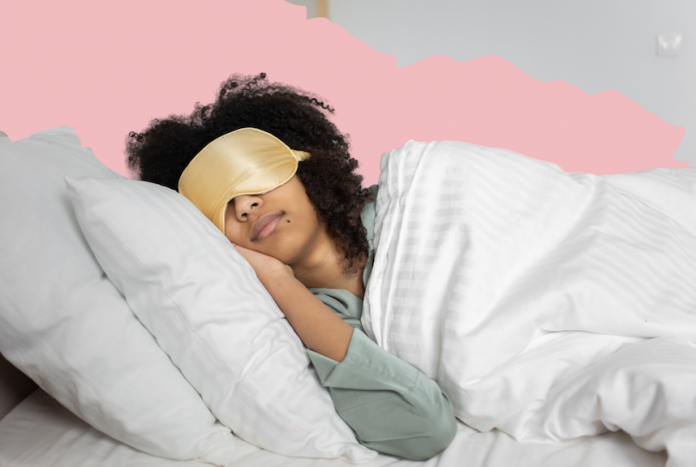Counting sheep and listening to lullabies can only get you so far. The experts from The Sleep Matters Club powered by Dreams reveal some common bedtime mistakes you might not even know you’re making – and how to avoid them
Caffeinated midnight snacking
Caffeine is a stimulant and in moderate doses can block sleep neurotransmitters causing insomnia. Foods high in refined sugar like breakfast cereals, breakfast bars and pasta sauces can stress the organs in charge of hormone regulation causing you to wake in the night as your levels fluctuate. Snack on foods that contain tryptophan. This amino acid is needed by the body to produce serotonin, which in turn makes melatonin – a hormone that helps to control your sleep cycles. Foods that are high in tryptophan include yogurt, milk, banana, eggs and turkey.
Catching up on sleep
It’s a common misconception about sleep debt: you accumulate lost hours of sleep that you can pay back later on, and your body will be fine.However sleep debt isn’t a straight balance. Most people only usually need two or three good night’s sleep to get back to normal after serious sleep deprivation.
Sleeping with pets
According to research 63% of pet owners who shared their bed or bedroom with their pet experiences poor quality sleep. Keep your pets in a different room. If they’re exceptionally noisy, consult your vet to rule out any medical problems – they might be making some sleep mistakes themselves!
Hitting the snooze button
Any extra sleep you get is fragmented making it low quality. You also prepare the body for a new sleep cycle that you won’t have time to finish, resulting in fatigue throughout the day. Set your alarm for when you actually need to get up. Try to set it for the same time every day. This regularity will hopefully mean you should wake up without the need for an alarm.
Having a nightcap
Though alcohol does not allow healthy people to fall asleep quicker, it reduces REM sleep- the phase of sleep associate with deep dreaming. Disruptions in REM sleep may cause daytime drowsiness. Avoid drinking alcohol just before you go to bed. On average, it takes an hour for the body to process one unit of alcohol. Instead opt for herbal teas, such as camomile, which have a sedative effect.
Using Technology before bed
78% of people use a smartphone, tablet of laptop before going to bed. However these gadgets emit blue light, which is said to delay the production of melatonin, the sleep inducing hormone. Give yourself a tech curfew. And move your electronic devices out of the bedroom altogether.
Leaving the TV on
38% of people watch TV to wind down for sleep. However, watching TV before bedtime encourages you to stay up later, harming your sleep cycle and leading to poor quality sleep. Keep TVs out of the bedroom. Alternatively listen to the radio to help you fall asleep.
With a few changes to your bedroom routine you’ll hopefully be dozing off in no time. Sweet dreams!





